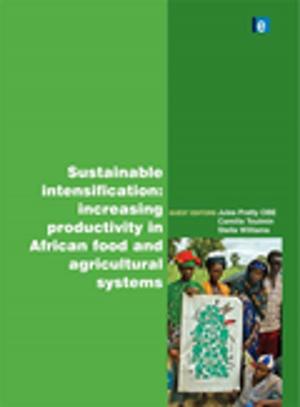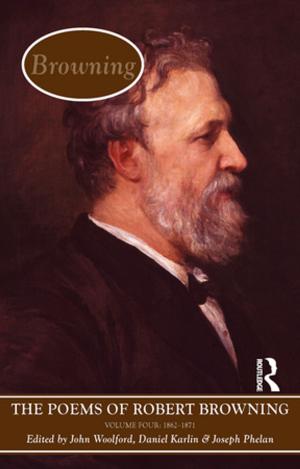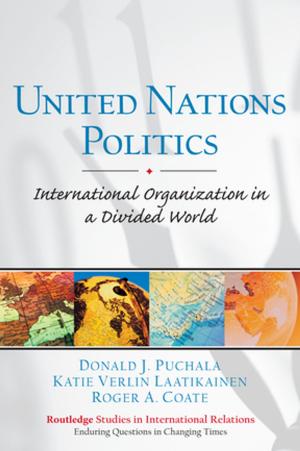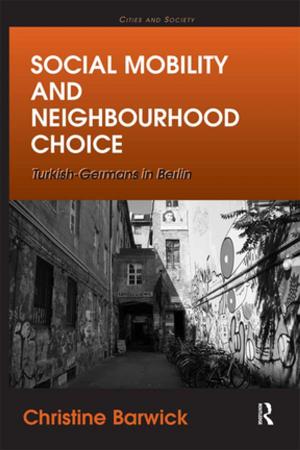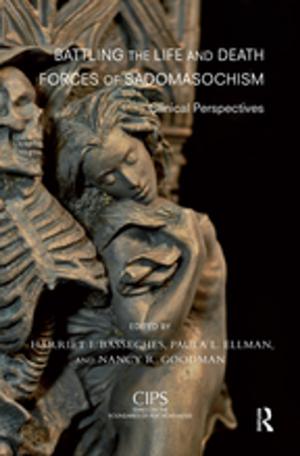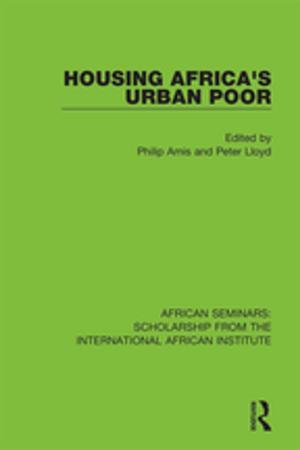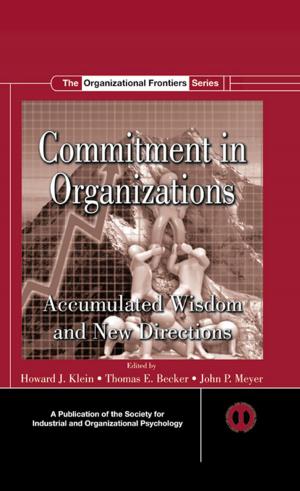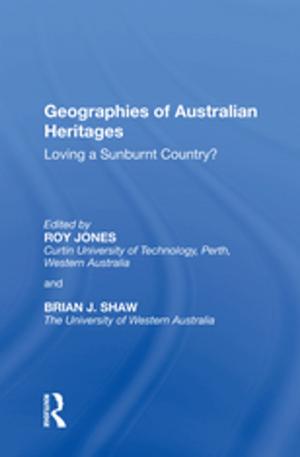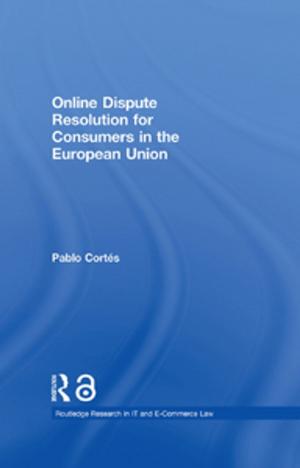| Author: | ISBN: | 9781317690061 | |
| Publisher: | Taylor and Francis | Publication: | September 25, 2015 |
| Imprint: | Routledge | Language: | English |
| Author: | |
| ISBN: | 9781317690061 |
| Publisher: | Taylor and Francis |
| Publication: | September 25, 2015 |
| Imprint: | Routledge |
| Language: | English |
It can be easy to imagine that Child and Youth Care practitioners are inherently or naturally attuned to issues of diversity and colonization as they pertain to multicultural practice. While there are excellent culturally attuned practices that are happening in the field of Child and Youth Care, when it comes to collecting stories of cultural diversity and, more specifically, the problematic unfolding of some of these stories, there remains hesitancy in the field. This hesitancy, in part, is due to assuming we are practicing in postcolonial times, where all the messiness, the doubting, and the pain have been ‘dealt’ with.
The authors of this volume suggest otherwise and their chapters represent an important contribution to the field. They are a diverse group of practitioners but they share a common concern that the term multicultural practice grooms hegemonic interventions that do not critically examine issues of power, difference, colonialism, Whiteness, or species, to name a few. Although the title of this issue is Troubling Multiculturalism, the language within this issue stretches this term, troubles it, and at times, re-invents it.
This book was originally published as a special issue of Child and Youth Services.
It can be easy to imagine that Child and Youth Care practitioners are inherently or naturally attuned to issues of diversity and colonization as they pertain to multicultural practice. While there are excellent culturally attuned practices that are happening in the field of Child and Youth Care, when it comes to collecting stories of cultural diversity and, more specifically, the problematic unfolding of some of these stories, there remains hesitancy in the field. This hesitancy, in part, is due to assuming we are practicing in postcolonial times, where all the messiness, the doubting, and the pain have been ‘dealt’ with.
The authors of this volume suggest otherwise and their chapters represent an important contribution to the field. They are a diverse group of practitioners but they share a common concern that the term multicultural practice grooms hegemonic interventions that do not critically examine issues of power, difference, colonialism, Whiteness, or species, to name a few. Although the title of this issue is Troubling Multiculturalism, the language within this issue stretches this term, troubles it, and at times, re-invents it.
This book was originally published as a special issue of Child and Youth Services.


